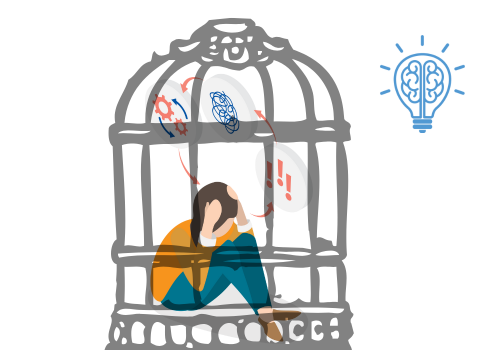What Is Perfectionism?
Perfectionism is a mindset characterized by the belief that anything short of perfect is unacceptable. People who struggle with perfectionism often hold themselves (and sometimes others) to extremely high standards—ones that may be unrealistic or unattainable. 🤯
How Does It Show Up in Everyday Life?
- Putting off starting a task until the “perfect” moment or conditions
- Spending excessive time on minor details
- Feeling intense fear of failure or criticism
- Having difficulty completing tasks due to over-editing or redoing
- Struggling with decision-making from fear of making the wrong choice
Why Does It Matter?
Perfectionism can lead to chronic stress, task paralysis, procrastination, and burnout. 😩 It often prevents individuals from taking action, finishing projects, or even trying new things. Over time, it erodes self-esteem and creates a cycle of self-criticism and avoidance.
What’s the Executive Function Connection?
Perfectionism impacts multiple executive functions:
- Task Initiation: Waiting for the “right” time can delay starting.
- Emotional Regulation: High expectations increase anxiety and stress.
- Self-Monitoring: Constant self-critique keeps the brain in overdrive.
- Cognitive Flexibility: All-or-nothing thinking can limit creative solutions.
How Can We Support It?
- Encourage progress over perfection—getting it done is often better than getting it perfect. ✅
- Check out this video on the Cult of Done.
- Use short-term achievable goals (STAG) to create clear starting points.
- Build in reflection time to help reframe negative self-talk.
- Celebrate small wins to reinforce confidence and momentum. 🎉
- Practice self-compassion—remind yourself that being human means making mistakes.
Big Picture Takeaway
Perfectionism isn’t about having high standards—it’s about fear. Understanding its root can help shift from avoidance to action. By building flexible strategies and offering compassionate support, we can help perfectionists move forward without the pressure of being flawless. 🌱




